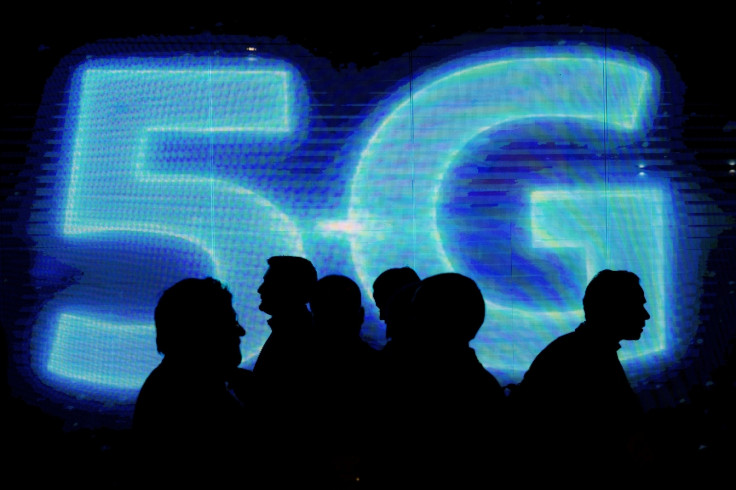5G myths: What UK residents know about the new technology, according to a survey
As detailed by the results of the survey, the majority of respondents were able to single out inaccurate information about 5G connectivity.
People had mixed opinions regarding 5G ever since news about the new mobile broadband technology went public. Most of it apparently comes from the lack of information, while others are based on rumours that have circulated online. As smartphone manufacturers design their devices for compatibility, regulators hope to educate those who are hesitant to adopt the cutting-edge upgrade. As such, a survey conducted in August 2020 among adult residents in the United Kingdom reveals just how much they understand about it.
According to a report published by ISPreview UK, out of 2,006 participants in the aforementioned assessment, around seven percent believe 5G is to blame for the spread of COVID-19. Given the ongoing controversy surrounding the alleged national security threat Chinese telecommunications equipment pose, it might have influenced some opinions regarding the transmission of the disease.
A popular conspiracy theory suggests that 5G technology might be used to spread the 2019 novel coronavirus among the population. However, it is evident that proponents of this idea do not have any credible proof to support their claims. This reportedly led to documented attacks on network base stations as well as the personnel who were on-site for maintenance work or to fix other issues not related to the hardware in question.
As detailed by the results of the survey, the majority of respondents were able to single out inaccurate information about 5G connectivity. Unfortunately, a significant number of people from cities in the U.K. appear to be misinformed regarding certain aspects of the new global wireless network standard. About 21 percent of the population suspect it is used for reconnaissance.
This was followed by 30 percent who think that its implementation forces companies to cut down trees, probably to reduce interference. Another popular belief suggests "5G is making the human population stupid." Finally, 11 percent of the country still thinks the radiation it produces can affect the immune system.

With it compromised, people are then more susceptible to a host of ailments such as cancer, brain tumour, and even infertility. On the other hand, tests conducted by regulators as well as peer-reviewed studies have shown no correlation between 5G technology and one's overall health.
© Copyright IBTimes 2025. All rights reserved.





















